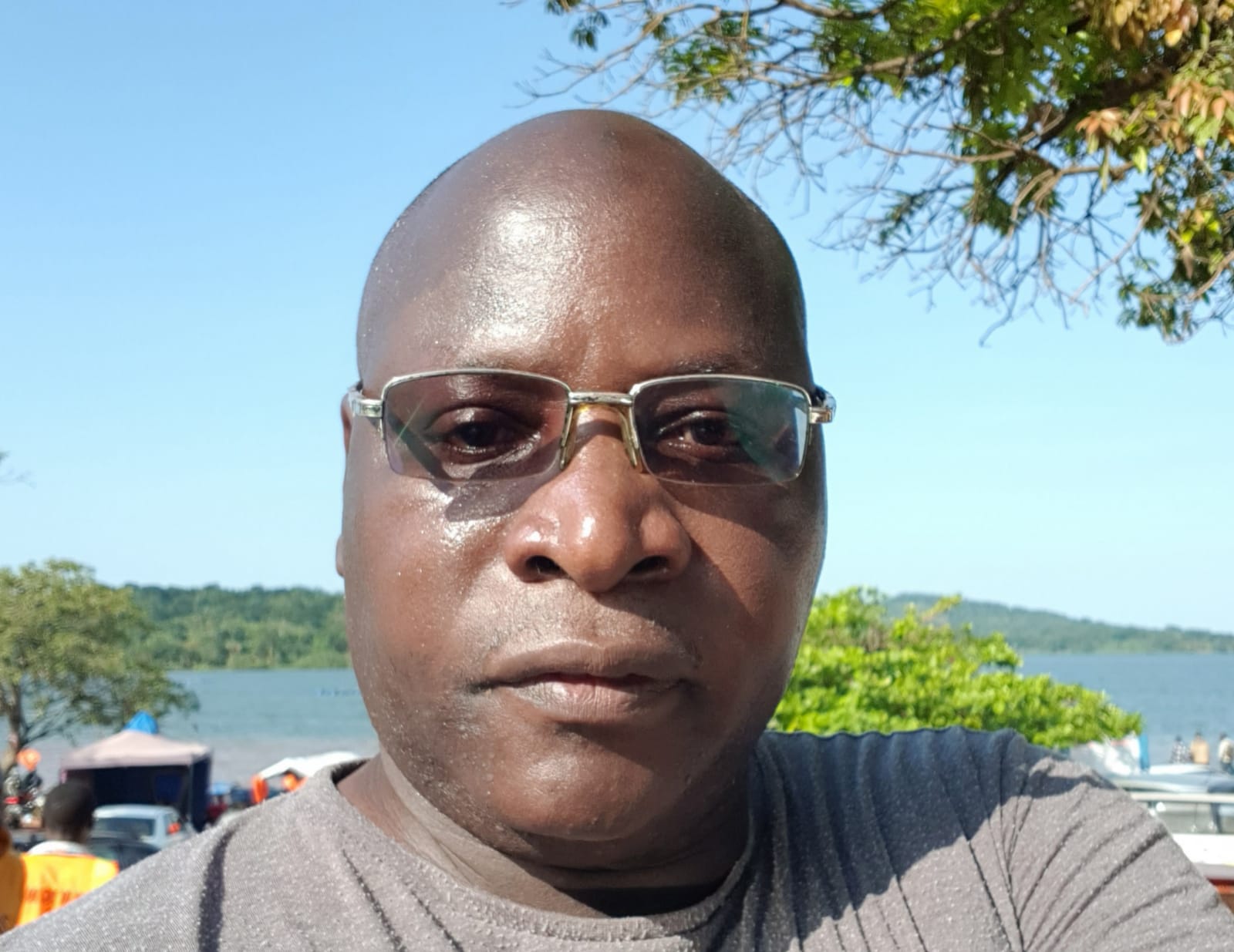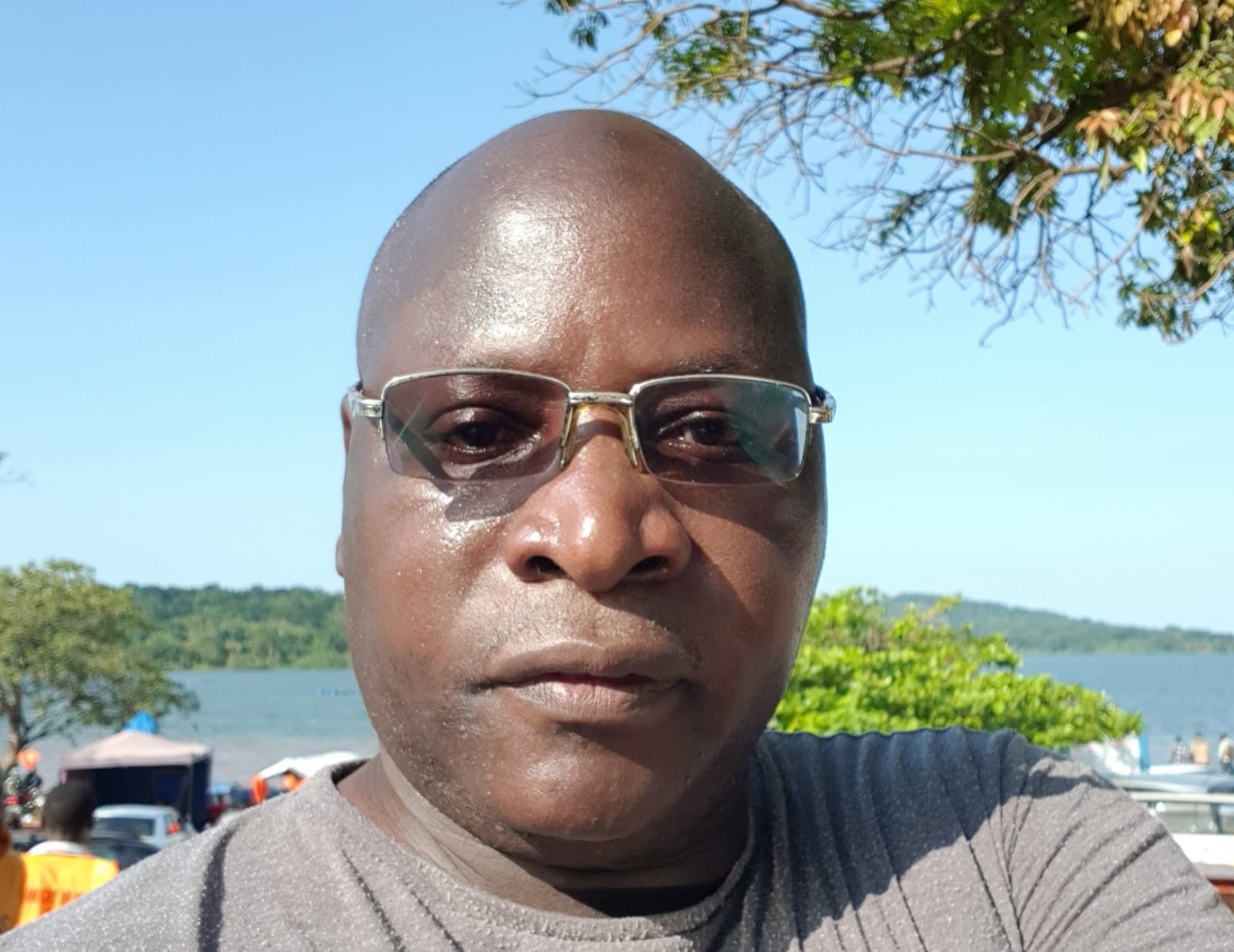By Stephen Lwetutte
LONDON-UNITED KINGDOM/NEWSDAY:
At a time when the world is teetering on the edge of a serious international armed conflict that could degenerate into a world war, you would expect guidance to be given and a principled informed position to be taken by the competent state institutions. A quick look at the website of the Ministry of Foreign Affairs of the Republic of Uganda reveals there is no such guidance and position. The only statement that has been made, and even then in a tweet, is by the “tweeting” (because of his affinity to tweets) General, also first son, Lieutenant General Muhoozi Kainerugaba.
The status of that statement in format, authority and substance is, to put it mildly, suspect. The fact that the statement is likewise missing from the Ministry of Foreign Affairs does not help. At a time when different countries are standing up about the war either way to be counted either, it is important that Uganda’s position is clarified urgently, more so after she has positioned herself over the years as the influential regional power broker.
From the Iraq invasion to the Libya civil war, President Museveni himself has spoken up and out – during the Iraqi war, Uganda joined the Coalition of the Willing along aligned with the United States which spearheaded the invasion. During the Libyan civil war, President Museveni revealed last year how he went around drumming up support from among African leaders ostensibly to confront the NATO-led force that, incidentally, had legitimately been authorised by the United Nations Security Council, without a single veto, not even by Russia or China! He must have been ignored, because his efforts never came to fruition.
President Museveni welcomed the establishment of the International Criminal Court and he went down in history as the the person to report the first admissible case investigated by the first ICC Prosecutor, Brazilian lawyer Luis Moreno Ocampo, in which there have even been convictions. Years later, presumably when it became clear that Museveni himself could one day be investigated by the same tribunal, whose mandate is to prosecute war crimes, crimes against humanity, genocide and the crime of aggression, he started a continental campaign against it under the guise that it was racist.
He even strongly advised President Uhuru Kenyatta of Kenya not answer its summons in relation to the 2007-2008 post-election violence in that country. Being a statesman who respects the rules-based international relations and international law, President Kenyatta must have politely declined Museveni’s advice and ignored him. President Kenyatta handed over the reigns of power to his Deputy William Ruto and turned himself in at the ICC at the Hague in compliance with the summons.
At every turn throughout his Presidency, Mr Museveni has belaboured the point of why and how Africa’s sovereignty was compromised by African rulers leading to its subjugation and domination by foreign powers. He often teaches and advises on how a united Africa, could reverse that state of affairs, although his remains very much a theoretical approach, not any different from his predecessors, and in many respects even worse taking stock from his almost 40-year reign. None other than the Soviet Union/Russia have been instrumental historically in supporting those efforts materially and morally.
If the tweet by the “Tweeting General” in support of Russia is confirmed as Uganda’s official position on the Russia-Ukraine war, then it would appear directly to contradict the stance adopted by the African Union in condemning Russia and calling on it to respect Ukraine’s sovereignty, territorial integrity and to pull its troops from Ukraine. Seperately, Kenya and South Africa have further reechoed that message at their national levels respectively, at variance with Uganda’s position. How is that for a united Africa that President Museveni has been preaching?
On the other hand, the “tweeting General” has been increasingly taking centre-stage and playing a visible role in foreign matters, albeit with a detectable family tinge, if his references to “my father”, “my uncle” are of any significance. He has met ambassadors, foreign dignitaries, Presidents and made statements on from threatening the coup leaders in Guinea-Conakry to supporting the Tigrean armed movement to relations between Uganda and Rwanda. And now on the Russia-Ukraine war.
These are important and sensitive state policy matters which define us to the outside world, and Ugandans are owed an explanation of the status of statements and actions taken by the Presidency, First Family and the Army in the context of foreign relations. The latest intervention in Congo was not duly authorised by Parliament either, and l wonder whether that has since adequately happened as required by law.
Ugandans would certainly want to know where there country stands from the competent institutions and personnel whom they pay to do that job on their behalf, if that role has neither been surrendered, abdicated nor hijacked. Fundamental principles and pillars of Ugandan foreign policy come into play in the Russia-Ukraine war and coherent and consistent position in line with Uganda’s interests would be most appreciated.
The writer is a Multilingual Human Rights Practitioner, formerly at the International Secretariat of Amnesty International in London for over 20 years and now Legal and Human Rights Consultant.



